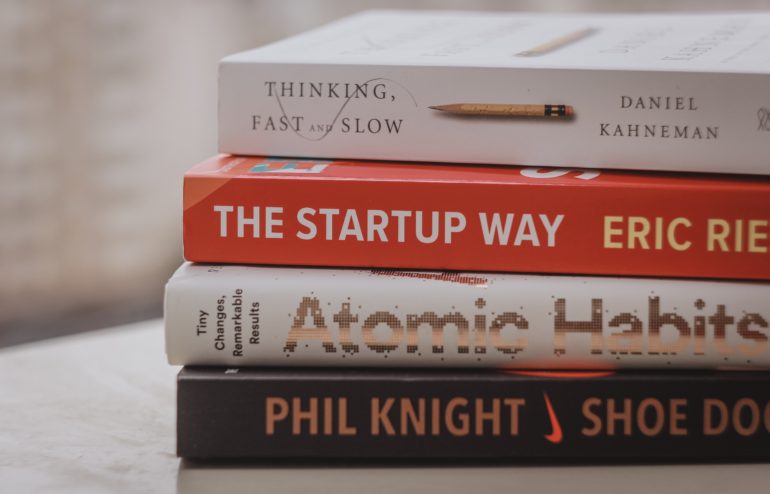Planning to launch your own start-up? Now is the time. India is in its best ever phase of startup ecosystem and the economic environment is favoring the aspiring minds. However, careful planning and futuristic approach are imperative to ensure your startup don’t end like the 94% that shut down their shutters within the first year of operation.
Funding is an extremely significant aspect in line with meeting the vision of a business. Funding and fundraising, both are fundamental modern business scenarios that support the growth of a startup. The first round of funding, popularly known as seed funding forms the basis of fundraising. It is followed by series A, B and C rounds of funding. While the seed funding typically refers to the basic, initial round of funding, series A, B, and C differ in the business maturity and the type of investors involved. The series funding helps in the evolvement of a startup to a full-fledged organization by helping it with calculated funds at crucial steps.
- Go for Crowdfunding
- Consider Self-funding
- Get in touch with the Venture Capitalists
- Try Angel Investment
- Try Angel Investment
- Focus on the close
- Terms of the deal
Here are a few successful startup funding options in India that will help you support your business with the indispensable finance requirements.
Go for Crowdfunding
The concept of crowdfunding is quite similar to mutual funds on a basic level. In this option, more than one investor is involved and they offer a fixed amount of money based on your business idea, goal, plan of action, and plans of making a profit. All you need to have are people who truly believe in your business idea.
Crowdfunding is gaining popularity as it ascertains the belief that your idea is also believed by other experienced players in the market. Crowdfunding also helps you in getting the crucial funds from the idea stage itself. You can gather crowdfunding from friends, family, and entrepreneurs who believe in your business concept and have the means to come together and fund your aspiration.
Consider Self-funding
Popularly known as bootstrapping, it is an ideal plan of action when it is hard to convince others of your business idea and vision. Often investors ask for traction before making an investment, the initial round of self-funding allows you to prove the feasibility of your idea and build confidence in the investors for a further round of funding.
Bootstrapping is a great idea for startup funding especially if the initial business requirement is small. It also gives you the freedom of being your own boss. You’re not answerable to anyone and it allows you to keep an eye on the revenue earnings as well.
Get in touch with the Venture Capitalists
A sure shot destination for big bets, venture capitalists offer you professionally managed funds who are looking for startups that have success potential. The best part about venture capital investments is the expertise and monitoring that they bring along. Ordinarily, VCs invest in equity and once the business releases its IPO or is acquired, they leave.
Venture Capitalists usually look for startups with a good enough traction and a strong team. But if you’re opting for venture capital funding, be flexible enough to take their inputs and accept the close monitoring.
Try Angel Investment
There are individuals with surplus cash looking for investing in promising startups and earn their share once it grows to its potential. They can either work alone or collectively in a network to screen startups with huge potential. This funding option has business minds looking to earn interest out of your success and they may expect as high as 30% equity as well.
Although angel investment comes with its issues of high-interest expectations and lesser investments as compared to Venture capitalists; it is important to remember that Google, Yahoo, and even Alibaba were a result of Angel investing.
Conclusion
Funding is required to take the best advantage of the existing and upcoming market opportunities. Even if you initially go for bootstrapping, outside funding is required to sustain in the long run.




